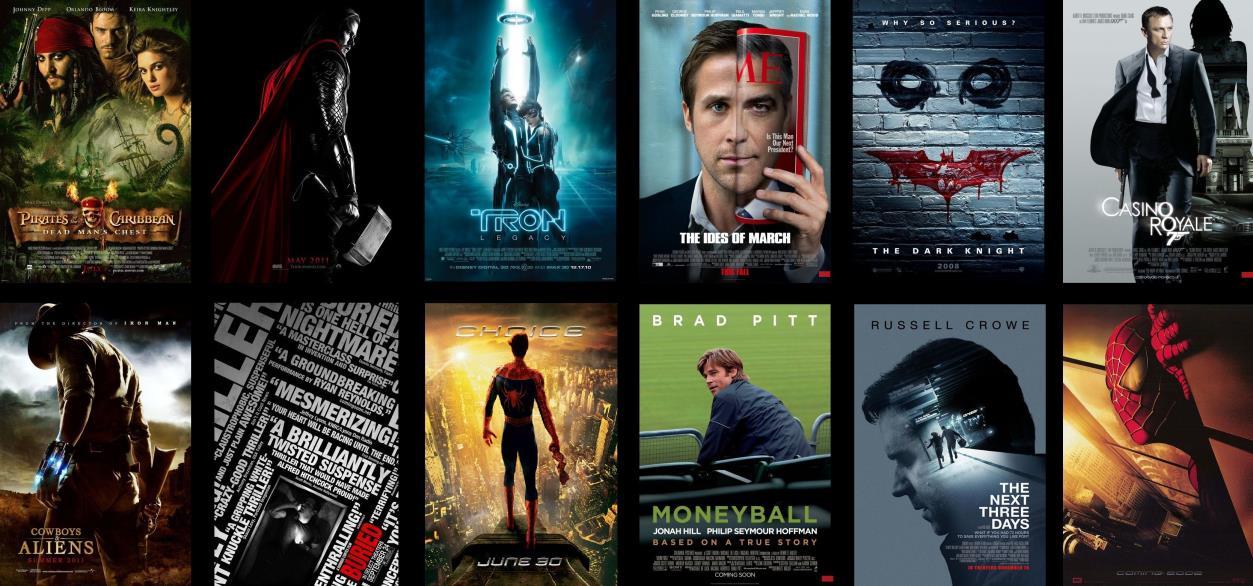The Evolution of TV Video Streaming in the Last Decade
Over the past ten years, television video streaming has undergone a dramatic transformation, reshaping the way audiences consume entertainment. From the early days of buffering videos to today’s seamless 4K streams and global original content, the industry has revolutionized home entertainment. Let’s take a closer look at how TV video streaming has evolved in the last decade.
From DVD Rentals to On-Demand Streaming
In the early 2010s, 누누티비 companies like Netflix were still transitioning from physical DVD rental models to digital on-demand services. What began as a convenient alternative to cable and video rental stores quickly exploded into a new way of watching TV. The ability to stream entire seasons of shows at any time sparked the now-common trend of binge-watching.
Platforms such as Hulu and Amazon Prime Video followed, expanding the market and introducing competition. This led to faster innovation in features, quality, and content acquisition.

Rise of Original Content Production
One of the most significant shifts in the streaming world came when services began producing their own original shows and movies. Netflix’s House of Cards in 2013 set the standard for high-quality original programming created exclusively for streaming audiences.
Over the years, platforms like Disney+, HBO Max, Apple TV+, and others have entered the market, offering exclusive titles, blockbuster movies, and award-winning series. Original content became the key differentiator, pushing traditional TV networks to reconsider their distribution models.
Technological Advancements and Viewing Experience
In the last decade, streaming quality has seen massive improvements. The transition from 720p to full HD, 4K, HDR, and even Dolby Atmos audio has made streaming comparable if not superior to traditional broadcast TV.
Adaptive streaming, improved compression algorithms, and global Content Delivery Networks (CDNs) have drastically reduced buffering and latency issues. Mobile and smart TV integration has also advanced, enabling viewers to switch devices seamlessly while enjoying personalized recommendations and voice search features.
The Fall of Traditional Cable
With the rise of cord-cutting, traditional cable and satellite TV providers have seen a consistent decline in subscribers. Consumers now prefer the flexibility of on-demand, contract-free services. Live TV streaming platforms such as YouTube TV, Sling TV, and Hulu + Live TV emerged to bridge the gap between cable and streaming.
This trend has been accelerated by the increasing cost of cable, the inconvenience of fixed schedules, and the lack of content customization. Today, younger audiences are more likely to subscribe to multiple streaming services than invest in a cable package.
Global Reach and Localization
Streaming platforms have gone global. Over the past decade, services like Netflix have expanded to over 190 countries. With that expansion came the need for localization support for multiple languages, region-specific content, and culturally relevant programming.
International shows such as Money Heist (Spain), Squid Game (South Korea), and Sacred Games (India) have gained worldwide popularity, proving that high-quality storytelling transcends borders.
The Future of TV Video Streaming
Looking ahead, the future of TV streaming will continue to be shaped by artificial intelligence, immersive technologies, and viewer interactivity. Personalization through AI algorithms, interactive storytelling formats, and integration with virtual reality (VR) may define the next era.
Subscription fatigue is becoming a concern, prompting platforms to explore bundled packages and ad-supported models. The battle for attention continues, but one thing is clear: TV video streaming is here to stay, and it will only get better.
